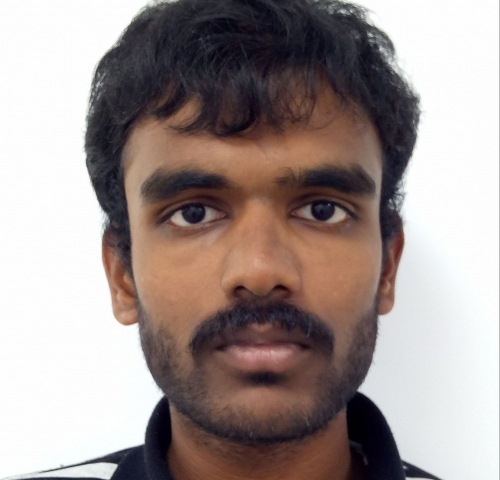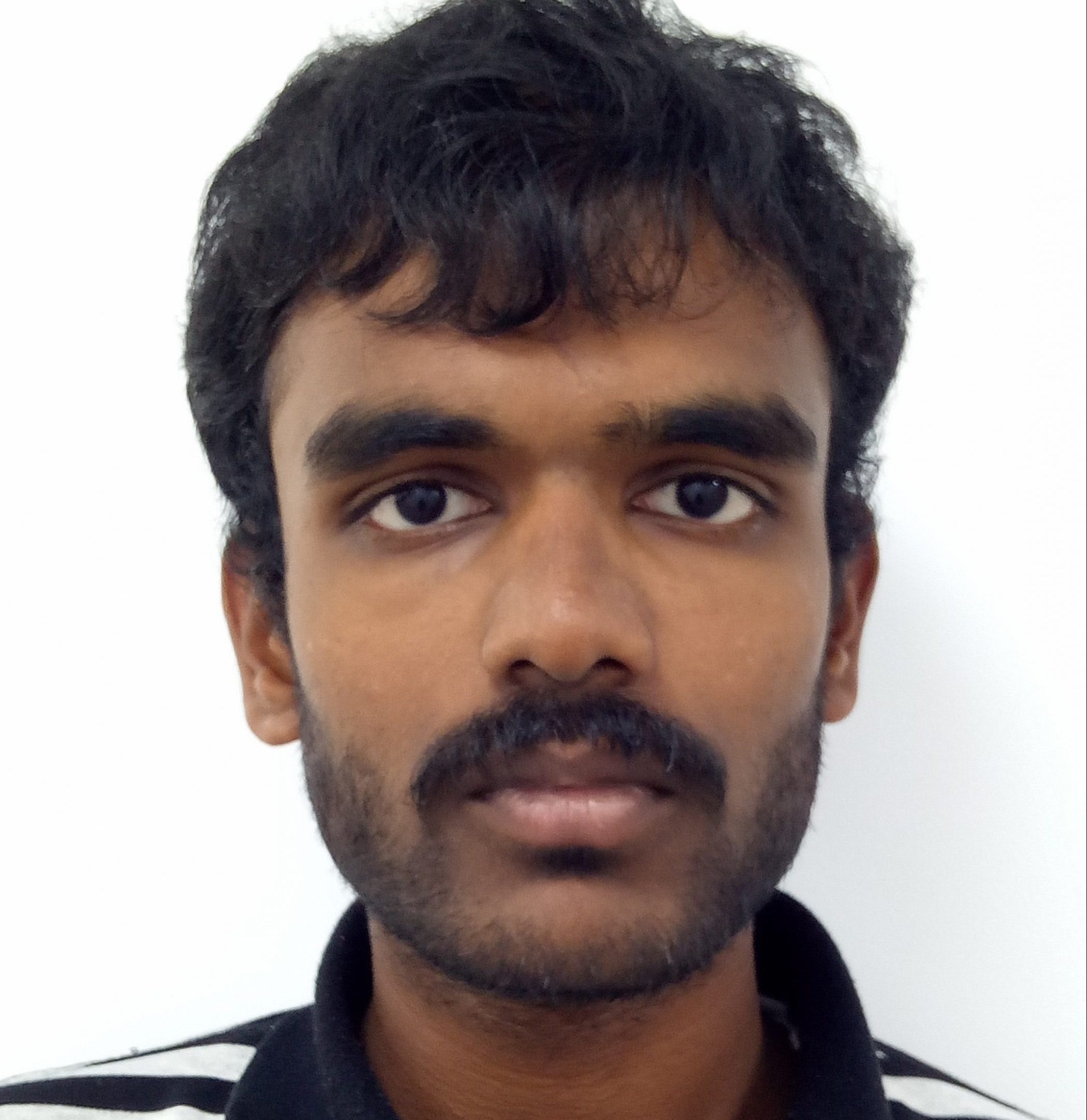
Vishnuram Arumugam
University of Western Australia
Vishnuram Arumugam started research in mathematics at the University of Western Australia in 2022 with the supervision of Michael Giudici and John Bamberg. His current research involves using techniques from group theory to study and classify finite geometric objects. In particular, he is currently studying the theory of linear algebraic groups and finite groups of Lie type in order to classify certain classes of generalised quadrangles. Prior to this, he completed Bachelor of Engineering (Honours) in Mechatronic Engineering and Bachelor of Science in Computer Science at Curtin University. He also teaches various classes at Curtin University and the University of Western Australia such as linear algebra, advanced calculus, graph theory and control theory.
Can you give me a quick rundown about the type of mathematics you are studying and its potential impacts for the broader community?
The area of mathematics that I am studying is the intersection of two branches of mathematics, namely group theory and finite geometry. Group theory is the study of symmetry and the techniques developed here can be used to study what are called finite geometric objects. As the name suggests, these are objects which consist of a finite number of points and lines. Over the past few decades, group theory and finite geometry have been used in a plethora of applications such as cryptography and error correcting codes in computer science as well as the design of experiments in statistics.
How did you get into mathematics? Was there someone or something that inspired you into this field?
Similar to how physical exercise keeps the body active, I find that mathematics keeps the mind active. This is one of the features of mathematics that got me interested. I find that the act of simply thinking deeply about concepts and gaining a deeper understanding is quite rewarding. Symmetry is one of the most fundamental concepts that I enjoy thinking about and group theory is precisely the study of such concepts.
You received a Travel Grant to attend AMSI Summer School 2023. How important was this in terms of your ability to attend, fully participate in the program and meet others studying in similar fields?
I was fortunate to receive a grant to attend the AMSI Summer School in 2023. Living quite far away in Perth, Western Australia meant that travel expenses would be quite high. I would like to thank AMSI for making this possible. I have no doubt that having this in-person was highly beneficial. One cannot have the same depth of interactions online.
What was the most valuable part of the program for you?
Certainly, I think one of the most valuable parts of this program is meeting and interacting with experts from their respective areas of mathematics as well as students with similar mathematical backgrounds and interests. The course content gave me a small glimpse of all the exciting research out there and this Summer School was a fantastic opportunity to discuss those ideas with other students. The time spent thinking about difficult concepts with others is certainly the highlight for me. Moreover, this program has broadened my knowledge of mathematics and got me interested in learning more!
In the long-term, what do you think are the benefits of having attended Summer School?
One of the most important long-term benefits of having attended the Summer School for me is the people I met and interacted with. It is highly likely that I might collaborate with them in the future. Of course, the other benefits include learning new mathematics, learning about careers in mathematics as well as attending the guest lecture on culture and mathematics.
Summer School included a special Careers Day program which aims to help give students an idea of the kinds of career paths available to maths graduates in industry and private sector research areas. Were you previously aware of the types of industry opportunities available to mathematical science graduates?
I was vaguely aware of industry opportunities for mathematics graduates. However, I hadn’t really paid attention to it before. After the Careers Day program, I am more open to working with industry. This event has showed me some of the other possibilities of doing mathematics other than academia.
What advice would you give to someone who is considering applying for Summer School in 2024? Should they apply and why?
To those who are contemplating on applying for the Summer School, I certainly recommend doing so. The main advice I would provide is to socialize and not get overwhelmed by the mathematical details. The school is a fantastic place to get to learn about some mathematics, possibly in a neighbourhood of your area. It is a place to gain intuition about difficult concepts in mathematics through socializing.
Where do you want the mathematical sciences to take you? Where do you see yourself in five, ten years time?
I would like to continue learning more mathematics and, in the future, I would like to teach and do research in mathematics.

